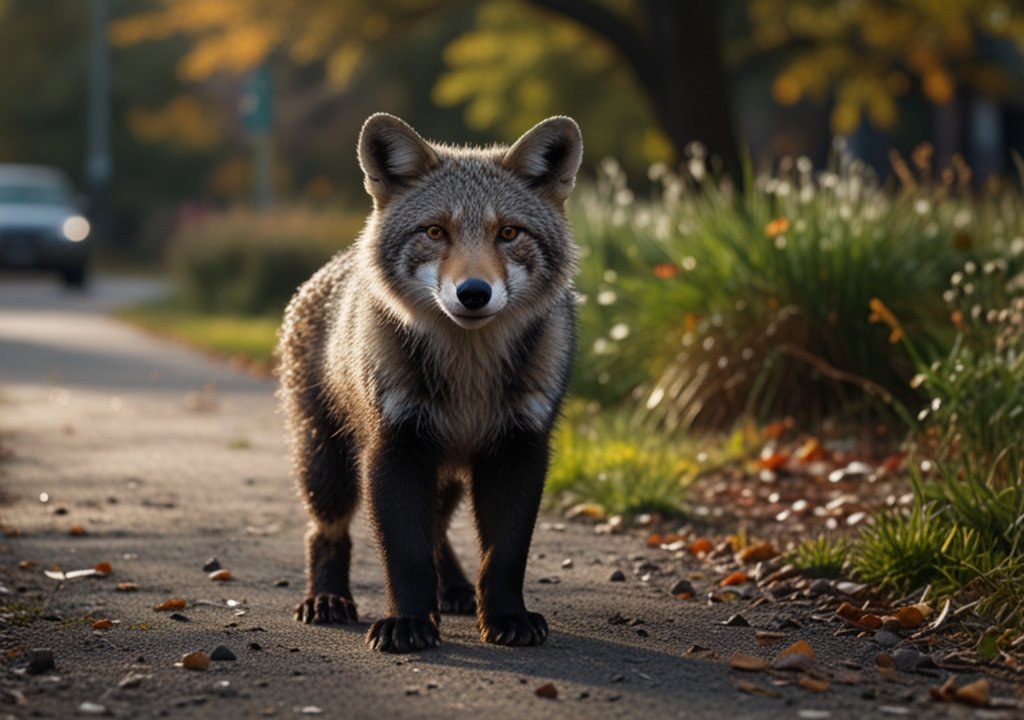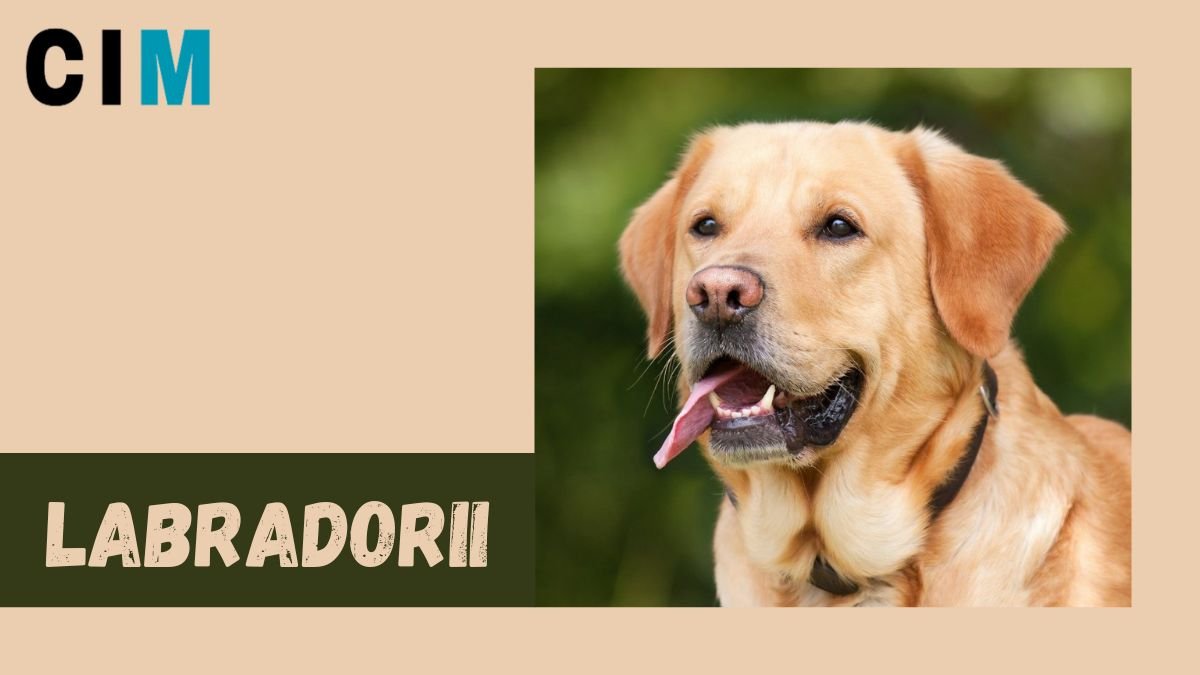The purchase of a puppy is a big decision. You’ll be responsible for the dog for ten, twelve or fourteen years – maybe longer.
Reputation
Reputable breeders will take great care in choosing mating pairs to produce puppies that meet their breed’s health, appearance, and temperament standards. They will also be able to tell you about genetic diseases in their line of dogs and their steps to decrease the likelihood of these problems occurring in the litter they breed. Reputable dog breeders like Pawrade typically specialize in one or at least two breeds and are experts in those breeds. Avoid any breeder who claims to offer several different species simultaneously, as it’s likely that they’re rushing you into parting with your cash and not doing their job correctly. Responsible breeders will ask you plenty of questions about your lifestyle, whether or not you’ve raised other dogs before, and how much time you can devote to the pup. This is because they’re committed to making a match between the puppy and owner that will be happy and healthy for the entire dog’s life. If they feel your home and lifestyle aren’t right for the pup, they will try to help you find another home. They will even be willing to return the puppy if circumstances change and you can no longer keep it. This is a key mark of a quality breeder.
Vet Care
Reputable breeders take the health of their dogs very seriously. They ensure their dogs get proper veterinary care, including yearly examinations, fecal exams, routine vaccinations (like Bordetella and distemper combination vaccines), and deworming. They also feed their dogs a quality diet. Reliable breeders don’t make money off each puppy but spend a lot on their breeding program. This includes the costs of genetic testing for both the mother and stud, daily pet supplies for the mothers and puppies, pregnancy support, whelping boxes, and initial shots. A good breeder will provide you with a contract outlining the basic details of your purchase, including the parents’ names and the puppies’ AKC registration numbers. It will also include a return-to-breeder clause. Some breeders will ask you to bring your veterinarian to your home for a checkup after you get your puppy, or they may offer their vet services. It’s important to find a vet you trust, especially for emergencies, so interview several breeders and vets before choosing one. You’ll want to find a nearby practice available for appointments during the day so you don’t have to travel far in an emergency. You can even ask your breeder for references.
Health Tests
The breeder should be able to show you the puppies’ parents and their pedigrees. They will also be able to talk about the genetic disorders common in their breed and how they are working to prevent them. Responsible breeders screen both the dam and stud for genetic conditions that can affect the puppies, and they never breed two dogs with known hereditary problems. They also avoid inbreeding (parent to offspring or sibling to sibling) to reduce the risk of inherited diseases.
A good breeder knows that socialization is important for puppy development. They will spend time with the mother and litter and provide early socialization before leaving their new homes. They also know that different breeds have varying needs for exercise and play, and they will be able to tell you which puppies might be best for your lifestyle. A reputable breeder will only sell their puppies to those caring for them. This means they will not place a puppy with someone who will not give it the loving home it deserves. Responsible dog breeders do not sell their puppies to the first person who shows up with cash in hand; doing so contributes financially to the puppy mill industry and risks the puppy’s health.
Socialization
A good breeder will want to know you and your family, including children and pets. They’ll want to know how you plan on handling your puppy and will be able to answer any questions you have. They should provide full veterinary records and contact information for their veterinarian. Socialization is exposure to a variety of people, dogs and environments in a safe manner so puppies can learn that the world is not a scary place and that new experiences don’t need to be fearful. It is achieved by carefully controlled, safe interactions with unfamiliar people and dogs during the puppies’ first 12 weeks. It is a very important process and should continue throughout a puppy’s lifetime, but it must be done correctly to prevent fear-based behavior problems later. Puppy socialization is exposing your puppy to different sights, sounds, and scents in a safe, controlled way. This can be done in a variety of ways, like going on car rides, walking through populated neighborhoods or pet stores, taking the puppy on happy visits to the vet for happy, healthy holidays (no shots, just a meet and greet) or throwing puppy parties where you invite a lot of healthy people and healthy puppies.
During the first eight to twelve weeks of their lives, puppies’ brains are like sponges, absorbing experiences more quickly than any other period. Exposing them to a wide range of sights and sounds is very important, but it should be done at their pace so they don’t become overwhelmed or frightened.









